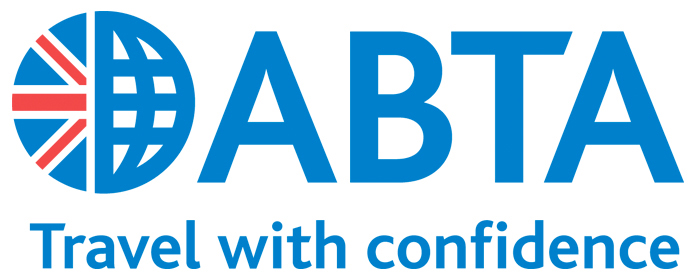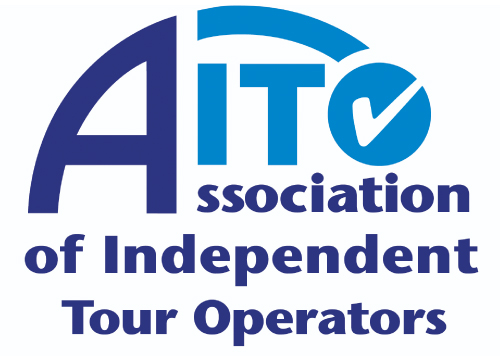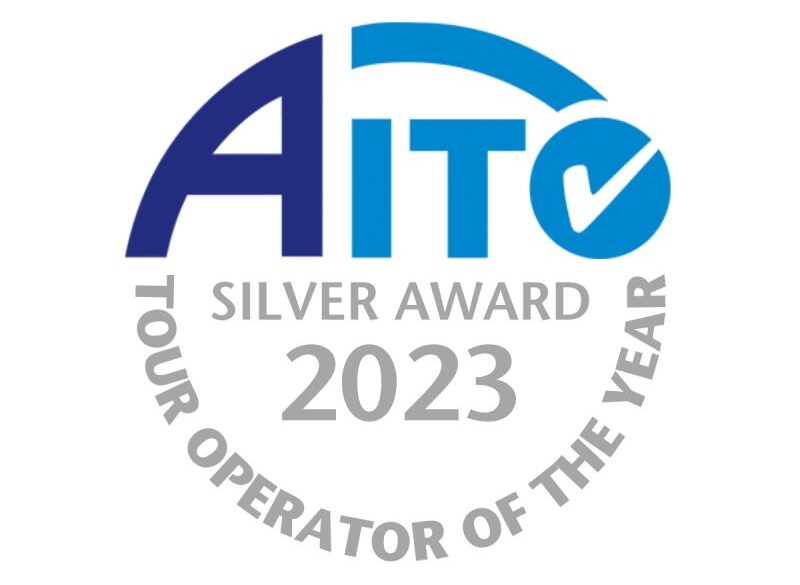We’ve compiled a list of answers to some of our most frequently asked questions about travel to Myanmar. Please don’t hesitate to get in touch if any of your questions are not answered below.
What Should I wear in Myanmar?
Myanmar is much more conservative than almost anywhere else in south-east Asia – it has not been exposed to tourism for anywhere near as long as it’s more frequently visited neighbours Thailand and Vietnam. Myanmar is a devout Buddhist country and both men and women wear the traditional longyis (like angle length sarongs) with t-shirts that cover their shoulders. Female tourists are encouraged to follow suit and dress modestly – short skirts and shorts are fine on the beach (as are bikinis) but off the beach we think you’ll feel more comfortable with your knees and shoulders covered – this is essential for any temple visit (which will be most days anyway – it’s amazing how often you have to pass through a temple on a hike or to get to a wonderful vista!)
Do I need a visa?
Yes. You must either obtain a visa before travel – or more conveniently, apply for a Government approved e-visa which costs $50 before setting off. Once approved you will be emailed an approval letter, which you must print and bring with you – you will be asked to show it at the airport and may not be allowed to fly without it.
What is the local currency and how easy is it to withdraw money there?
The local currency is Kyats. US dollars are only accepted in hotels and to pay for entrance fees. The Kyat is not freely convertible, which means that you can’t buy any Kyats outside of Myanmar, and so any Kyats you leave with can’t be exchanged anywhere else.
There are working cash machines in the key cities but cash is still king here in Myanmar and we recommend bringing dollars with you instead of Pounds or Euros. It is very important that the dollars are in immaculate condition – make sure the notes look brand new without any writing on them and make sure they are not torn, faded or shabby looking (and they must be printed after 2006) otherwise they will not be accepted – anywhere.
There are places all over the country to change dollars and the rates are the same in all places (airports, banks, travel offices) as they are controlled by the Government so we’ve never had a problem with bad exchange rates.
What vaccinations do I need – and do I need to take malaria tablets?
Now we are not doctors and would always advise you to make a travel appointment at your local surgery for the latest up to date information. Diphtheria, Hepatitis A, Tetanus and Typhoid are all usually advised but others are also recommended (including malaria tablets) depending on your area of travel. We recommend taking a look at the NHS Fit for Travel page, which has much more detail and also provides a malaria map of the country.
Should I tip in Myanmar?
Tipping in Myanmar is not customary but in such a poor country it is highly appreciated (teachers earn an average of $100 a month and doctors earn $200). In more upscale restaurants a tip of between 5 and 10% is recommended. Guides and drivers generally do expect to be tipped. For guides a tip between 2 and 5 USD per person per day is customary, for drivers between 1 and 2 USD per day. Of course tipping is always related to the quality of services rendered.
Should I take gifts or give money to the villages I visit?
Myanmar is a country where a big percentage of the population is poor and many people have just enough money to pay for daily food (over 90% of GDP is spent on food), education and medical care. Even those with a slightly higher than average income are very generous and a culture of giving to poor, elderly and people in need is deeply rooted in the culture. It is a nice idea to give gifts to the villages you visit (maybe food treats, writing paper and pens for children etc) but it is not compulsory and they don’t expect it. If you buy a gift we recommend buying it in a local shop to support small business owners and it is better to give cash donations to adults, teachers or a village head rather than to children. It’s also a nice idea to take postcards or pictures from your own country to show – always a good ice-breaker to start a conversation.
Is there good wi-fi/3G?
Wi-fi is available in most hotels these days but it is often painfully slow, especially in the evenings. You can buy a local sim card ($2) with cheap 3G packages on it – the main phone providers are Ooredoo and MPT.
Am I going to be safe?
Myanmar is a very safe country to travel – the Buddhist belief in reincarnation and desire to reach Nirvana seems to be a better crime deterrent than most western methods! Bag grabbing, assaults, etc. are very rare. Foreign visitors are considered guests and are welcomed by the entire population with respect and curiosity. Of course we always advise when travelling anywhere to keep your money and valuables on you or locked in a safe to avoid opportunistic thefts. For the latest advice on the political situation and any insurgency unsettlement please look at the travel page on the Foreign Commonwealth Office website.
What language do people speak in Myanmar?
Burmese language is spoken throughout the country along with over a hundred other languages and dialects! The locals love it when you learn a few words and one word you will no doubt pick up quickly is “Mingalabar” which is a hello/how are you greeting. Not everybody speaks English – although it is surprisingly good in some places (perhaps thanks to the colonial times). Travellers generally don’t have too many problems in basic communication, as there is always somebody near who is willing to help (and find somebody who speaks English) or somebody who is eager to meet foreign visitors.
What’s the Time Difference?
Myanmar is 5.5 hours ahead of GMT in British Summer Time and 6 hours ahead of the UK during the winter.





